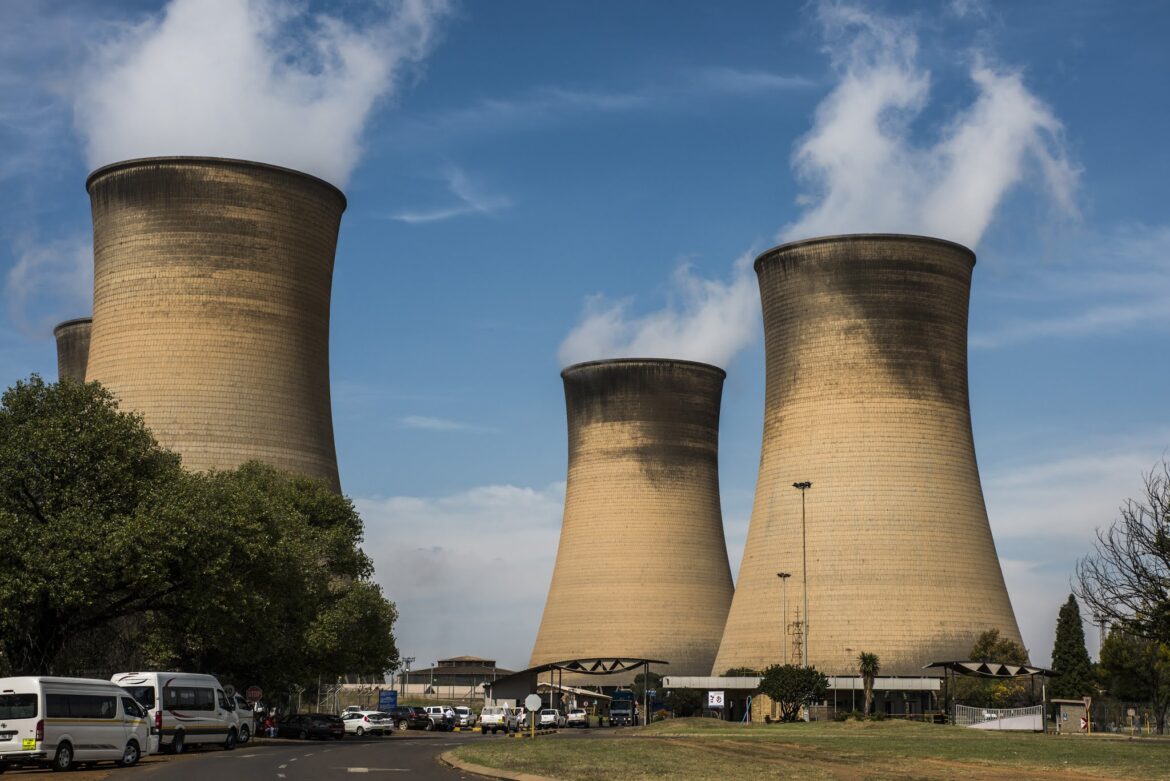As the 62nd Session of the United Nations Framework Convention on Climate Change (UNFCCC) Subsidiary Bodies (SB 62) prepares to commence in Bonn on June 16, twelve civil society organizations (CSOs) from across Africa and Europe have jointly issued a powerful indictment of what they call a “nuclear energy misadventure” unfolding across the African continent.
Titled “The Alarming Rise of False Climate Solutions in Africa: The Nuclear Energy Misadventure”, the collective advocacy report warns against the growing momentum among African nations—including Ghana, Nigeria, Kenya, Uganda, and others—to adopt nuclear energy as part of their energy mix, branding it as a “false solution” to the climate crisis.
Backdrop to the Debate
The Bonn climate meeting is a mid-year checkpoint where technical groundwork is laid for major decisions expected at COP30 in Belém, Brazil this November. Nuclear energy is expected to feature in side discussions around mitigation strategies and technology transfers—an area the report’s authors aim to influence.
According to the report, Africa is being targeted as a testing ground and battleground for competing global nuclear technology exporters, while critical climate finance is being misdirected to costly and risky nuclear ventures.
Key Arguments Against Nuclear Power in Africa
The civil society coalition—comprising groups such as Ghana’s 360 Human Rights, Nigeria’s Renevlyn Development Initiative, Kenya’s CJGEA, and Germany’s IPPNW—lays out a comprehensive critique:
- Too slow to respond to the climate crisis: Nuclear power plants take 10–15 years to build—time Africa does not have in the face of worsening climate impacts.
- Risk of catastrophic failure and security concerns: With examples from Ukraine and concerns over terrorism in Nigeria and elsewhere, civil society groups emphasize nuclear plants’ vulnerability in unstable political and climate contexts.
- Debt and financial risk: The report highlights that three-quarters of Africa’s climate finance needs remain unmet. Nuclear projects could crowd out critical investments in renewables, further indebting African nations.
- Health and environmental hazards: Long-term radioactive waste, mining impacts, and accident risks are cited as unacceptable for future generations.
- Colonial and geopolitical undertones: The report suggests nuclear plans risk locking Africa into “energy dependency” and external control over critical infrastructure.
Voices from Across the Continent
Activists and experts across the continent amplify these concerns:
- Philip Jakpor (Nigeria) calls nuclear plans “misadventures,” drawing parallels to Nigeria’s troubled oil infrastructure and terrorism risks.
- Alberta Kpeleku (Ghana) urges Ghana to reject nuclear plans, citing health, economic, and environmental risks.
- Sam Mucunguzi (Uganda) questions the feasibility of Uganda’s nuclear ambitions, noting the country already has surplus energy and faces high debt levels.
- Francesca de Gasparis (South Africa) dismisses nuclear as outdated, costly, and unwanted when compared to renewable options.
- Makoma Lekalakala, a Goldman Prize winner, states in her foreword that nuclear obstructs Africa’s path to a Just Transition.
A Call to Action
The report makes bold recommendations aimed at governments, development banks, and the UNFCCC:
- Immediate moratorium on new nuclear plans pending full public debate and independent review.
- Redirect climate finance to renewables like solar, wind, hydro, and geothermal.
- Reject nuclear in the World Bank’s Mission 300 initiative, meant to electrify 300 million Africans.
- Protect Africa from becoming a battleground for geopolitical influence through nuclear exports.
What’s at Stake at SB62 and COP30
The civil society coalition warns that pro-nuclear narratives—often pushed by well-funded lobbying efforts—will be aggressively promoted at the Bonn meeting and later at COP30. The report challenges negotiators and governments to ensure that Africa’s energy strategy is aligned with climate justice, environmental safety, and economic sovereignty.
As the world prepares for COP30, this report could shift the climate discourse in a region grappling with both energy poverty and the urgent need for low-carbon development.
Conclusion
With over a dozen African countries actively exploring nuclear energy options, the civil society report represents a crucial counterweight, advocating instead for a renewables-first approach to Africa’s energy transition.
As debate continues at SB62 and beyond, the question remains: will Africa embrace the sun and wind in its quest for energy sovereignty—or take the nuclear gamble?
